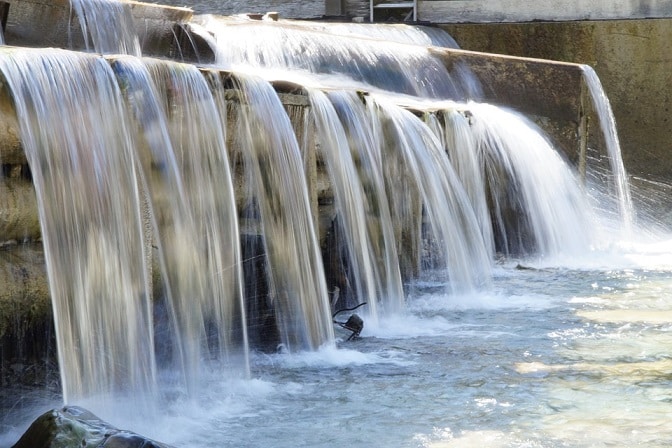Wastewater is generally out of sight and out of mind, and even when the subject is brought up, most people just do not want to discuss or even think about the subject. There is also not only resistance to the re-use of wastewater from the public, but also from governments and health authorities.
The problem with this is that most of them do not realise that proper reuse of wastewater can save water and save money, as well as generate income; it is also good for the environment.
There are multiple examples of wastewater being put to good use, including:
- A wastewater plant in the Netherlands that actually generates energy;
- Biogas installations in Ethiopia fuelling kitchen units;
- Eco-san toilets in peri-urban Mozambique;
- A co-composting plant in Bangladesh which produces fertiliser; and more
Wastewater farmers save money due to reduced use of chemical fertilisers, while harvesting more crops per year. The sale of reused water for industrial use can also become an income source, and should be a priority for national health, employment and development authorities.
While billions of individuals have gained access to clean and safe drinking water over the past few decades, there are still huge inequalities, especially in developing countries and rural areas.
Making the reuse of wastewater also needs viable partnerships between visionary investors, development banks, governments and industry. Linking up with regional NGO partners, especially ones who already have a political forum of ministers, is also a good idea. This can help apply pressure to local governments, which can often lead to them adopting more progressive policies and set goals for the reuse of sewage.
Reusing wastewater for agricultural and industrial use should prove to be enormously beneficial to ensuring that there is sufficient water for all to drink in the future.
Buy water coolers or rent water coolers from Living-Water.






